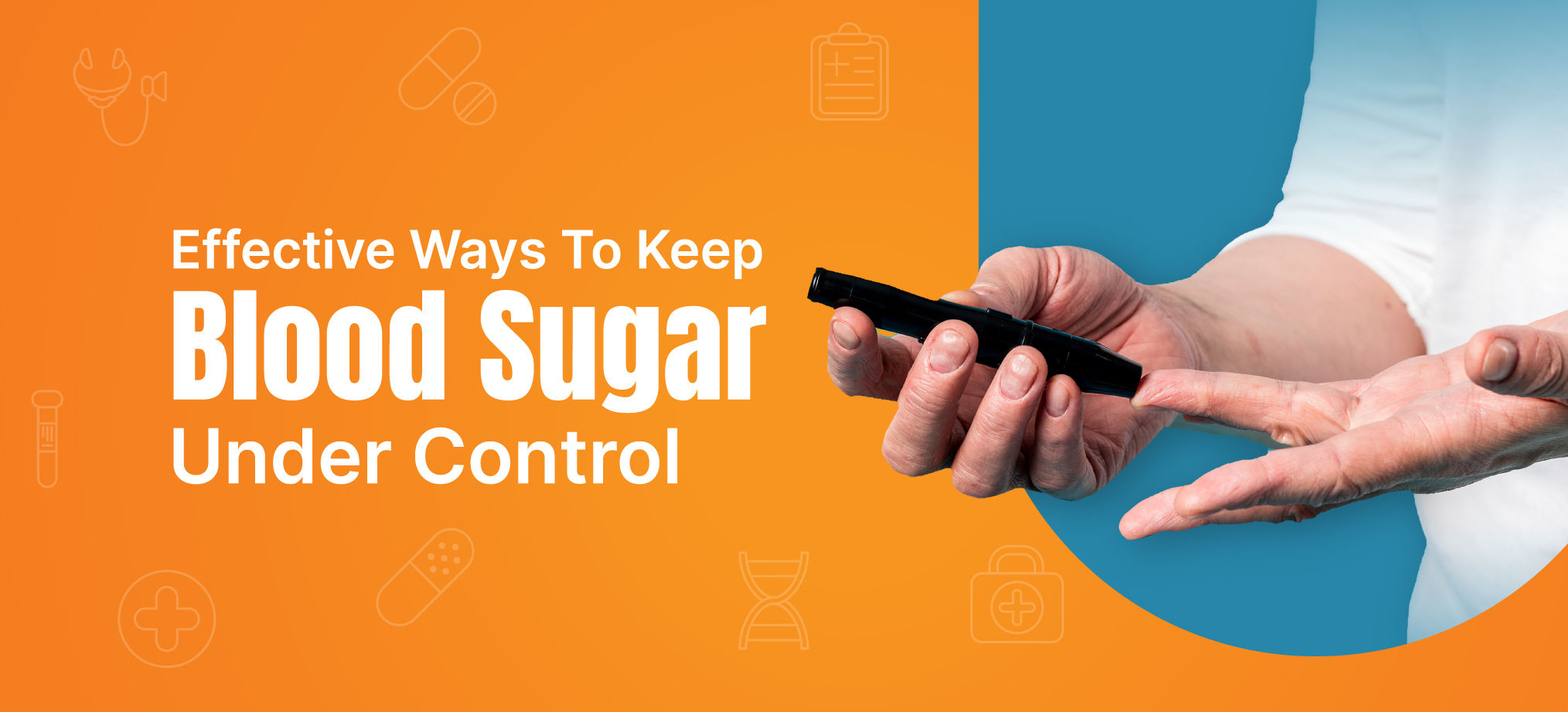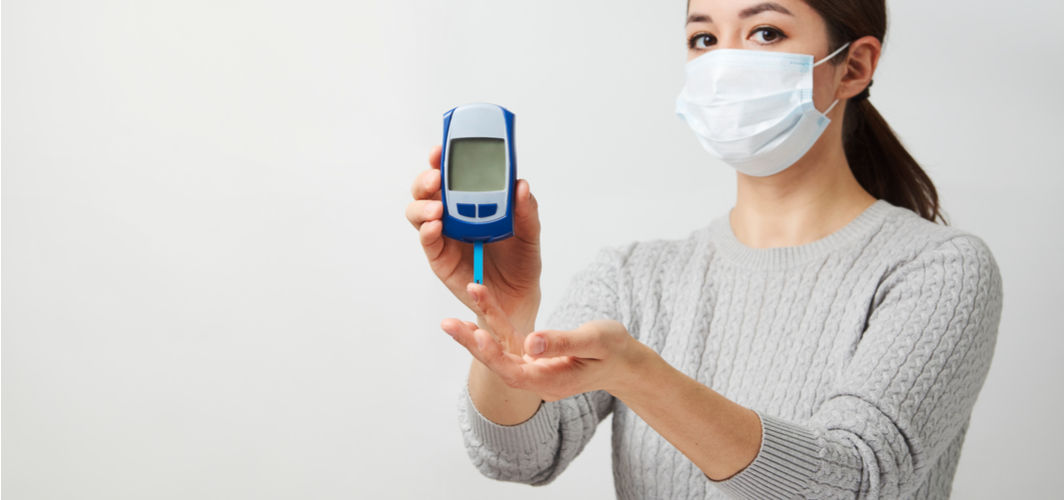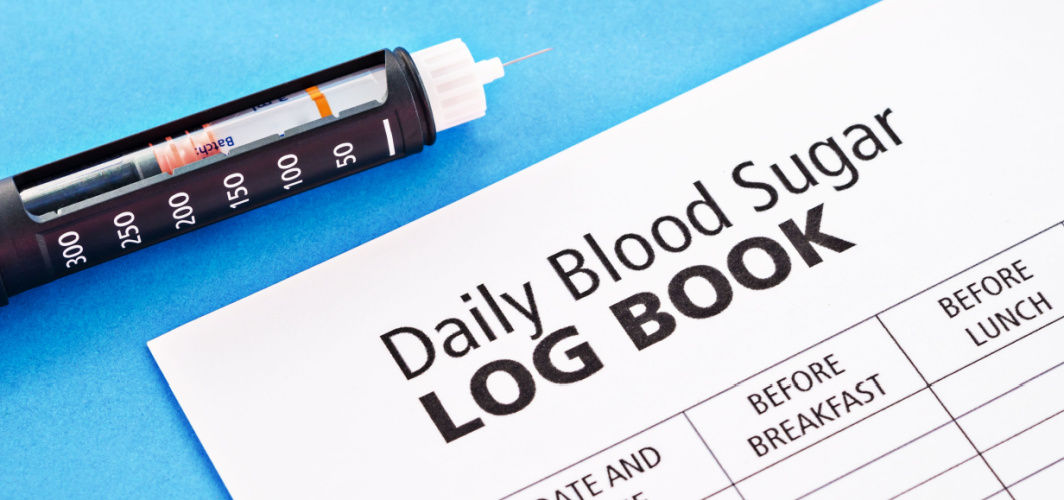Diabetes Management
Celebrate Diwali While Keeping Your Blood Sugar In Control!
4 min read
By Apollo 24/7, Published on - 14 November 2020, Updated on - 01 June 2023
Share this article
0
4 likes

- Keep portion sizes in check - Though tempting, people with diabetes should limit the portion size of sweets and savouries, and consider eating on smaller plates. This will not cause a significant spike in blood glucose after a little indulgence.
- Opt for natural sweeteners – Prepare homemade sweets with natural sweeteners like dates, raisins, figs and other dried/fresh fruits. There are also options to shop for sugar-free sweets, which are essentially made with sugar substitutes.
- Combine sweets with other healthy foods – Sweets tend to be refined and sugary, with a high glycemic index. Combining sweets with high-fibre healthy food will lower the aggregate glycemic index, preventing high spikes in blood sugar.
- Look for healthy fats – Most sweets contain saturated fats which are unhealthy. Cook or buy sweets with healthy fats like yoghurt, nuts, and unsaturated oils. etc, as they slow down the digestive process and prevent a quick rise in blood sugar.
- Keep away from excessive alcohol – Alcohol, in small quantities, can be a part of the celebrations. Diabetic patients should keep in mind that alcohol interferes with sugar levels and excessive consumption reduces the effectiveness of the hormone insulin that regulates blood sugar.
- Keep away from stress - Household chores can make the celebrations stressful, but it is important to relax and enjoy the festival. Diabetic patients may consider yoga for relaxation, and it is also a step towards healthy living.
- Avoid eating food at irregular timings - During festivals, people tend to skip having food on time because of festive preparations. In diabetic patients, fasting for long durations can cause a drop in blood sugar (hypoglycemia) and fatigue.
- Avoid feasting - Feasting and binge eating during celebrations can raise blood sugar levels rapidly. If you cannot avoid such an event, try to balance it out by healthy snacking in advance, which will reduce the temptation to binge eat.
- Stay hydrated - For diabetic patients, inadequate amounts of fluid in the body during fasting can lead to dehydration. They should always consume enough fluids to keep themselves hydrated.
- Monitor blood sugar regularly - The festive season may involve eating different foods that may affect blood sugar levels. Hence, it is necessary to measure blood sugar more frequently than on other days during this period. And don’t forget to keep a note of these.
- Take medication or insulin injections on time – During festivities, it is not uncommon to forget a medication here or an insulin dose there. One should keep reminders on their mobile phone or health apps so they never delay or skip these.
- Focus on being physically active - During the festive season, exercise routine usually takes a backseat. Diabetic patients should balance out the indulgence by being more physically active during this period – try sneaking in a swim, yoga or even a brisk walk before or after you’ve eaten.
- Avoid fried snacks - Fried snacks are high in saturated fats, and combining them with Diwali sweets would be akin to a double whammy. Try baked instead of fried foods, which come close in taste and texture.
- Choose the right carbs – People with diabetes should avoid the intake of refined carbohydrates and look out for healthy alternatives like fibre-rich whole foods and other low-glycemic index foods.
- Follow mindful eating - Enjoy a dessert with the company of your family and friends by mindfully eating each bite rather than eating large quantities, which will quickly add up the calories.
Diwali is a joyous occasion and largely incomplete without great food and sweets. It should be no different for people with diabetes, especially if they can make small tweaks to their diet, and find a few smart and healthier alternatives. All the tips discussed above will go a long way in regulating diabetes better, without having to forego any of the festive fun.
Diabetes Management
Leave Comment
Recommended for you

Diabetes Management
Can High Blood Sugar During COVID-19 Indicate Diabetes?
According to a recent study, several new cases of diabetes are arising due to COVID-19. However, this form of diabetes is caused by the acute stress of a viral infection and is likely going to be temporary. The blood sugar levels might return to normal after discharge.

Diabetes Management
How Can Diabetes Patients Boost Immunity During COVID-19?
Diabetes patients can boost immunity by maintaining good blood sugar control, adopting a healthy and balanced diet, getting regular exercise, prioritizing quality sleep, managing stress levels, practicing good hygiene, receiving recommended vaccinations on time, and staying connected with healthcare providers for guidance and support.

Diabetes Management
7 Reasons Why Blood Sugar Logging is Important in Diabetes?
Blood sugar logging is vital for managing diabetes effectively. It offers insights into glycemic control, aids in treatment adjustments, and prevents hypoglycemia and hyperglycemia. Additionally, it guides lifestyle modifications, helps prevent long-term complications, enables personalised diabetes management, and provides a sense of control and peace of mind. By actively monitoring blood sugar levels, individuals can make informed decisions about their diabetes care, reduce risks, and lead healthier lives with diabetes.
Subscribe
Sign up for our free Health Library Daily Newsletter
Get doctor-approved health tips, news, and more.
Visual Stories

8 Fruits That are Incredibly Healthy for Diabetes
Tap to continue exploring
Recommended for you

Diabetes Management
Can High Blood Sugar During COVID-19 Indicate Diabetes?
According to a recent study, several new cases of diabetes are arising due to COVID-19. However, this form of diabetes is caused by the acute stress of a viral infection and is likely going to be temporary. The blood sugar levels might return to normal after discharge.

Diabetes Management
How Can Diabetes Patients Boost Immunity During COVID-19?
Diabetes patients can boost immunity by maintaining good blood sugar control, adopting a healthy and balanced diet, getting regular exercise, prioritizing quality sleep, managing stress levels, practicing good hygiene, receiving recommended vaccinations on time, and staying connected with healthcare providers for guidance and support.

Diabetes Management
7 Reasons Why Blood Sugar Logging is Important in Diabetes?
Blood sugar logging is vital for managing diabetes effectively. It offers insights into glycemic control, aids in treatment adjustments, and prevents hypoglycemia and hyperglycemia. Additionally, it guides lifestyle modifications, helps prevent long-term complications, enables personalised diabetes management, and provides a sense of control and peace of mind. By actively monitoring blood sugar levels, individuals can make informed decisions about their diabetes care, reduce risks, and lead healthier lives with diabetes.